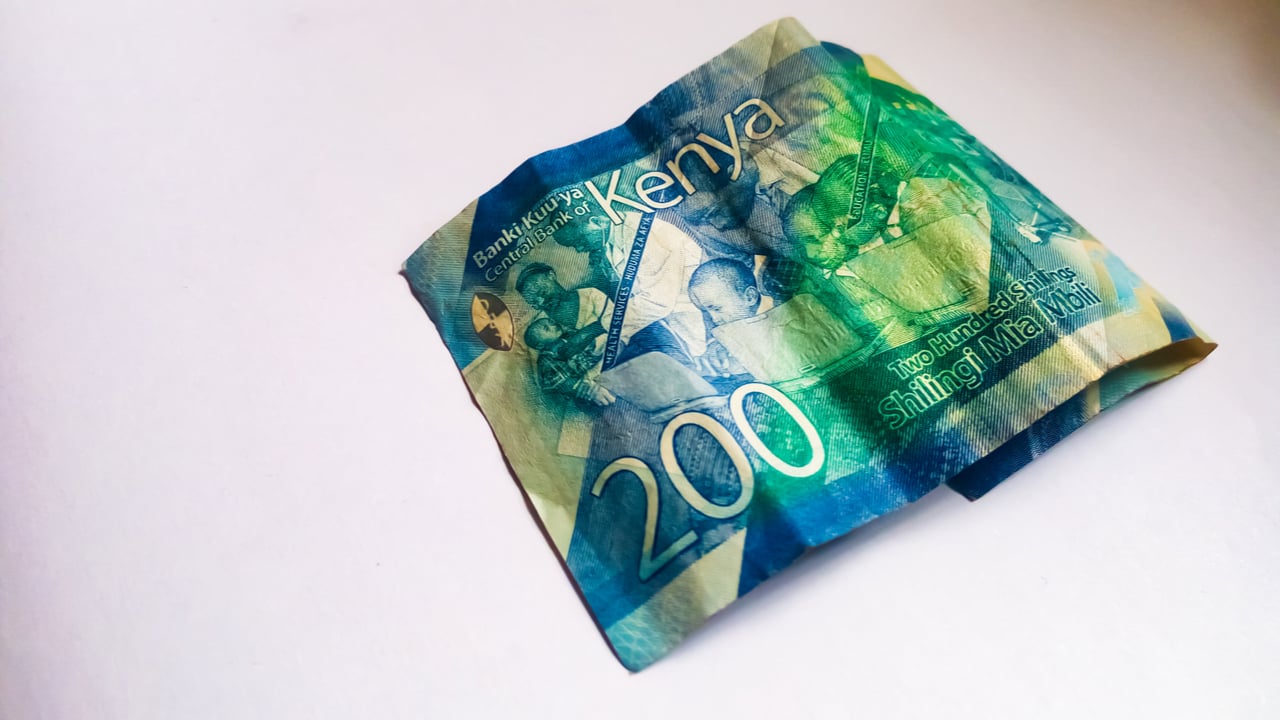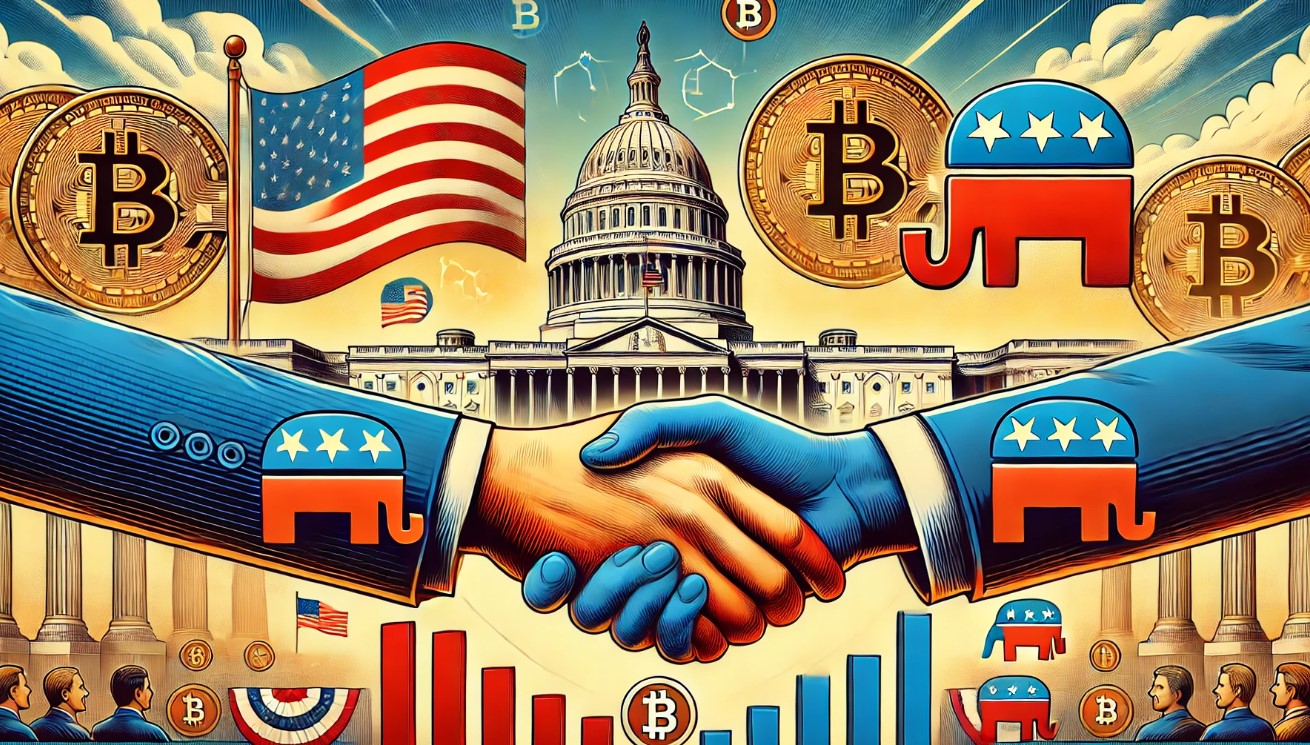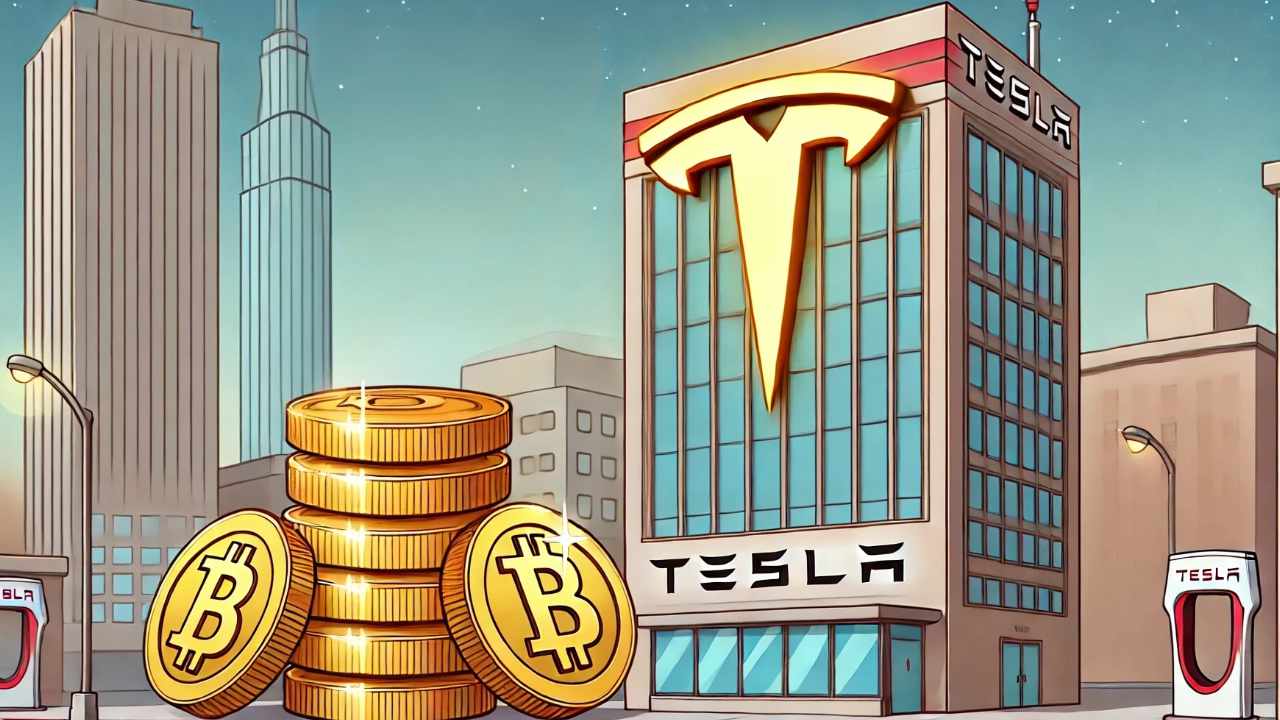BlackRock Chairman and Chief Executive Officer Larry Fink has lent his voice to describe the role of digital currencies in the ongoing war between Russia and Ukraine.
In a letter to Shareholders on Thursday, Larry criticized Russia’s invasion of Ukraine, noting that it has set back about 30 years of globalization efforts.
Of particular note is the acknowledgement of the role of digital currencies which he noted will help many countries record a paradigm shift in their view and approach to the nascent asset class. An excerpt of Larry’s letter reads:
“A less discussed aspect of the war is its potential impact on accelerating digital currencies. The war will prompt countries to re-evaluate their currency dependencies. Even before the war, several governments were looking to play a more active role in digital currencies and define the regulatory frameworks under which they operate,”
As correctly observed, digital currencies came to Ukraine’s aid when the country called for help with more than $30 million contributed by the broader community to support the country’s efforts in repelling Russian forces. From Bitcoin (BTC) to Dogecoin (DOGE), and Non-Fungible Tokens (NFT), the backing the crypto ecosystem gave to the Ukrainian people has not gone unnoticed.
Larry identified the move by many Central Banks to float a digital version of their currencies, a move that is poised to stem the dominance of cryptocurrencies in the emerging payment ecosystem. In Larry’s belief, crypto can help cut down the cost of transactions as well as in remittances. This obvious superior outlook has cemented BlackRock’s resolve to continually embrace digital currency innovations as it has done in time past.
“A global digital payment system, thoughtfully designed, can enhance the settlement of international transactions while reducing the risk of money laundering and corruption,” Larry said, concluding his talk on digital currencies, adding that “Digital currencies can also help bring down costs of cross-border payments, for example when expatriate workers send earnings back to their families.”
Image source: Shutterstock
Credit: Source link























